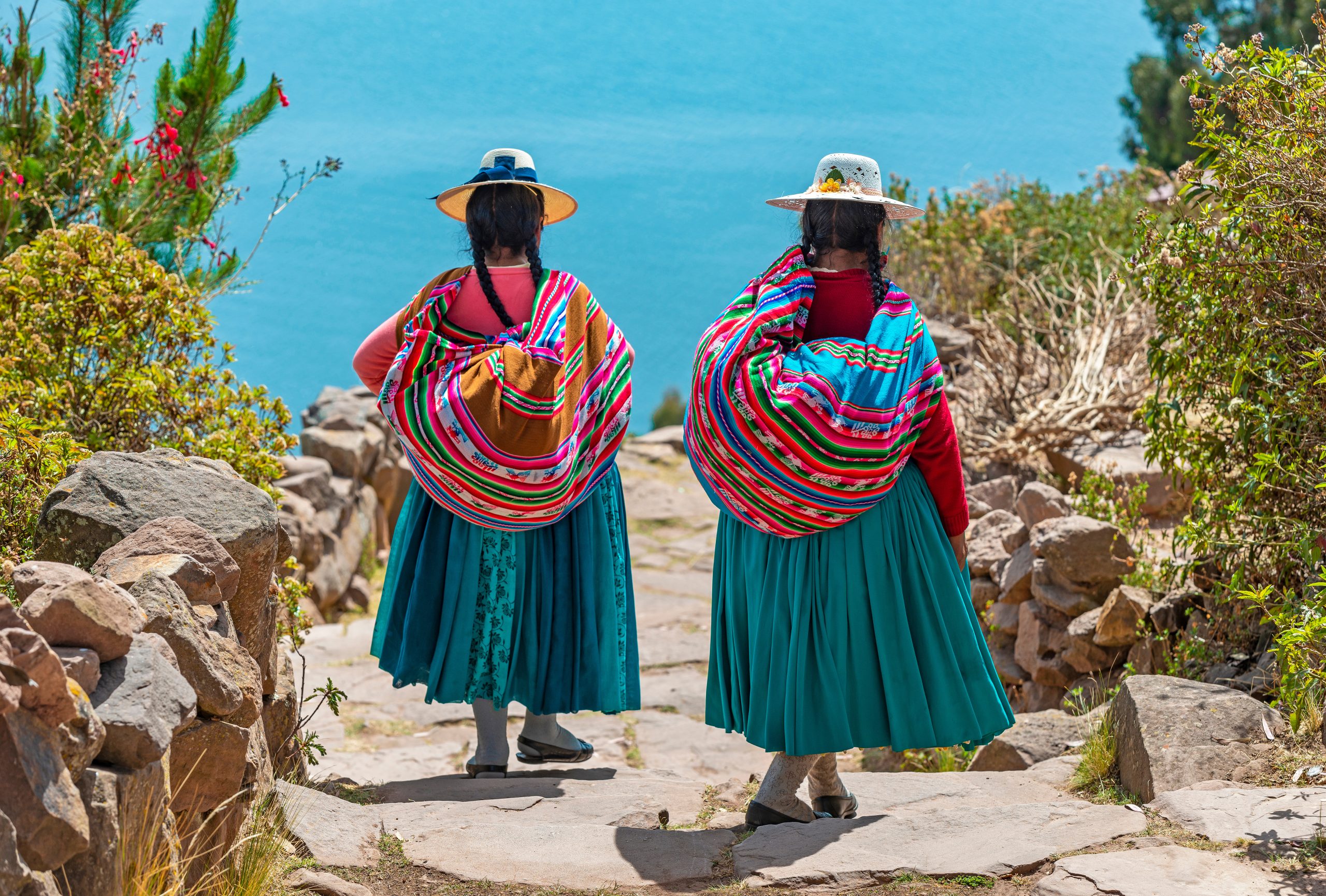News
Environmental action that respects the rights of all

Story | Aug 2025
At UNEP-WCMC, we believe that effective biodiversity policy and practice must recognize and respect the rights, voices and roles of all people.
From design to implementation, we strive to advance environmental outcomes that are inclusive and equitable. We are committed to ensuring our work is both gender-responsive and grounded in human rights-based approaches. We seek to empower those most affected by biodiversity loss, especially women, Indigenous Peoples and local communities.
Read on to learn more about some of our projects and initiatives that best demonstrate these principles in practice.
Bringing together diverse forms of knowledge
Through the National Ecosystem Assessment (NEA) Initiative, in partnership with the Biodiversity and Ecosystem Services Network (BES-Net) , we work with decision makers and stakeholders in countries across Africa, Asia and Europe to synthesize diverse forms of knowledge from different sources, in order to build a more complete and inclusive understanding of nature’s value and the services ecosystems provide. This includes effectively incorporating Indigenous and local knowledge, alongside scientific evidence.
In creating space for dialogue between different knowledge-holders, the NEA Initiative recognizes that lived experience and traditional practices are just as vital as scientific data when it comes to informing and designing environmental policies.
To date, national ecosystem assessments incorporating Indigenous and traditional knowledge have been completed in several countries, including Bosnia and Herzegovina, Cameroon and Viet Nam.
Ensuring gender equality in biodiversity policy
UNEP-WCMC is working to ensure that global biodiversity policy and practice are gender-responsive. This means that all women and girls have equal opportunity to contribute to biodiversity action, their rights and access to land and resources are recognized, and they can participate fully in decision-making and action at all levels.
One way we are helping to ensure this is by supporting countries in monitoring their progress towards Target 23 of the Kunming-Montreal Global Biodiversity Framework, which focusses on ensuring gender equality and a gender-responsive approach to biodiversity action. In 2024, in collaboration with the NGO Women4Biodiversity and with support from SwedBio, a development programme, we co-developed an indicator to help countries track progress on implementing the Gender Plan of Action, which addresses the key elements of Target 23. This work, shaped through consultation with governments and experts, will provide a practical tool for measuring and guiding more gender-responsive biodiversity policies.
Advancing equity and rights in area-based conservation
The Protected Planet Initiative collates data on the world's protected and conserved areas and tracks progress towards the implementation of area-based conservation targets. We are increasingly trying to draw more attention towards how well these areas perform not just for biodiversity but also for people. We are also working to advance equity and ensure that human rights – particularly for Indigenous Peoples and local communities – are respected and upheld. There is currently limited recognition of non-state governance in the world’s protected and conserved area network. In a bid to change this, we’re working with governments to promote more inclusive and diverse governance. This includes supporting the recognition and reporting of areas outside of the existing protected area network that, while governed and managed through a range of approaches, are important for biodiversity.
Providing a platform for Indigenous Peoples and local communities
We are also working with non-state actors to directly report data on the areas they govern to the Protected Planet Initiative and also to the ICCA Registry, which is a platform dedicated to areas that are self-identified and conserved by Indigenous Peoples and local communities. Communities themselves provide data, case studies, maps, photos and stories about the areas they’re conserving on their own terms, promoting recognition of their traditional governance systems and conservation practices.
By bringing this information together, the ICCA Registry demonstrates the important role of Indigenous Peoples and local communities in sustainable global biodiversity stewardship. It also shines a light on the challenges they face and the need for actions that respect their self-determined priorities and support their territorial rights.
Supporting and scaling up local initiatives on the ground
The Transformative Pathways project brings together Indigenous organizations across Africa, Asia and the Americas, alongside global partners including UNEP-WCMC. Working collaboratively, we support efforts at local and national level to secure meaningful, sustainable benefits for nature and people.
Our main role in this project has been supporting mechanisms for full and equitable participation in biodiversity-related policy and planning on a national and global level. One key aspect of this is the development of traditional knowledge indicators – valuable tools that help ensure Indigenous-led actions are recognized and integrated into the implementation and monitoring of the Kunming-Montreal Global Biodiversity Framework.
Main image: Adobe Stock.
Have a query?
Contact us
communications@unep-wcmc.org
